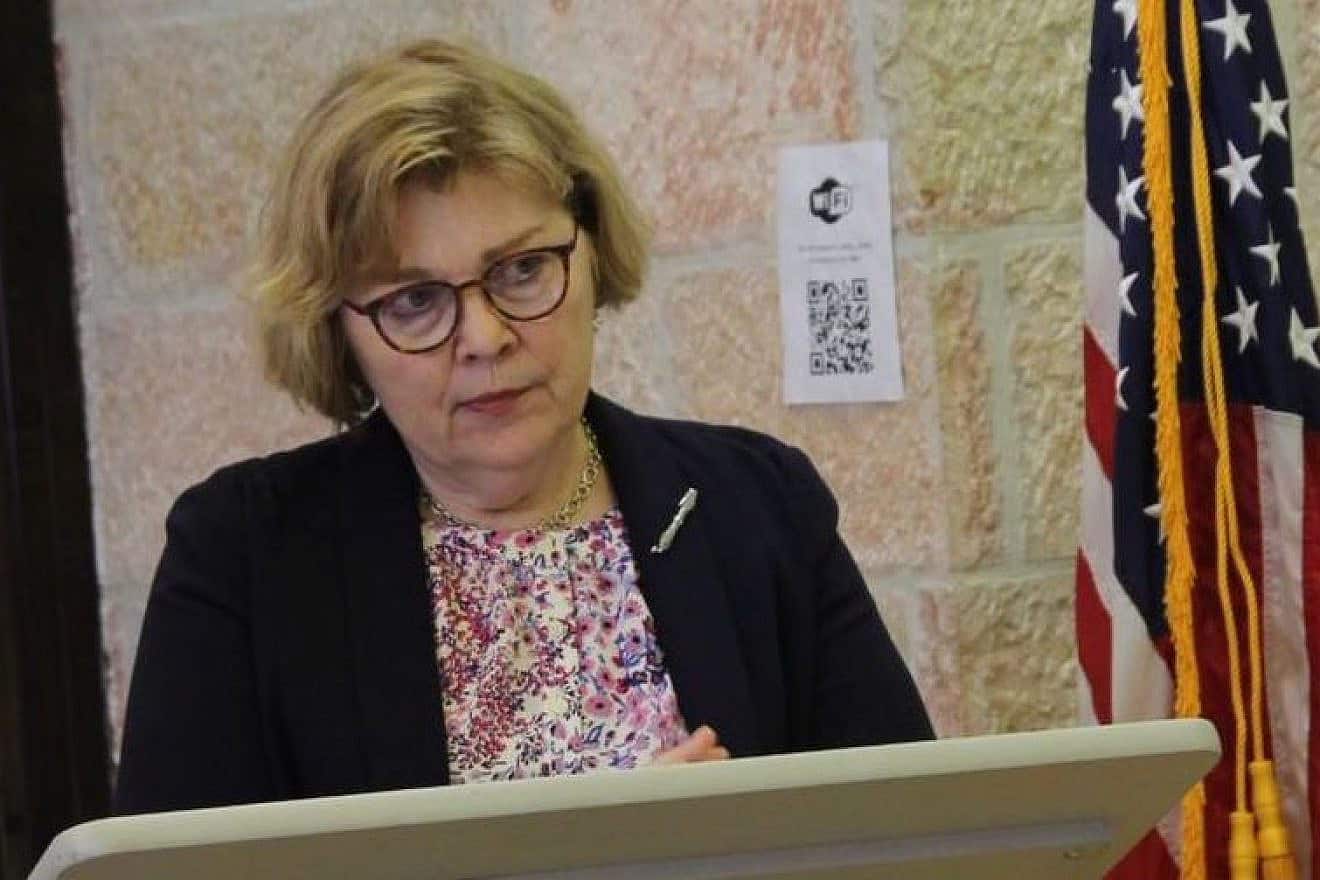Despite reports to the contrary, the Biden administration has not given Jerusalem its approval of a military operation in Rafah—the southernmost city in the Gaza Strip—the U.S. State Department’s top Middle East diplomat said on Wednesday.
“Absolutely not,” Barbara Leaf, assistant secretary of state for Near Eastern affairs, told reporters. “We have not done any such thing. We have not green-lighted a military operation. I want to be very clear on that point. There seems to be a widespread misapprehension about that issue.”
Israeli officials have insisted that an offensive in Hamas’s last stronghold is necessary to root out the terror group; however, Washington and others have pushed back, citing the large number of displaced Gazans from the north and center of the enclave that took shelter in Rafah during the opening months of the war.
Leaf defended the Biden administration’s recent decision to veto a resolution at the U.N. Security Council that would have provided the Palestinians with full U.N. membership.
“A Palestinian state is something that should be negotiated,” Leaf said. “To go through the effort to proffer membership to a state that doesn’t in fact exist—where the borders have not been delineated and a whole series of final status issues have not been negotiated—simply makes no sense.”
Leaf chastised Iran, which she called “the world’s top exporter of terrorism and a destabilizing force throughout the broader Middle East region.”
The U.S. envoy claimed there is “very high interest” within the European Union in exploring the possibility of designating the Iranian Revolutionary Guard Corps as a terrorist organization.
Leaf said that the potential for escalation between Israel and Hezbollah is “acute,” citing “a very disturbing degree of volatility” on Israel’s northern border.
“We have cautioned Israel to be careful in the way it responds” to the Iran-backed terror group’s consistent attacks on Israeli territory since Oct. 7, she said.
“We have certainly used a number of channels and have been aided by other partners in using their channels, both direct and indirect, to Hezbollah, to warn against widening the conflict,” Leaf said.


























